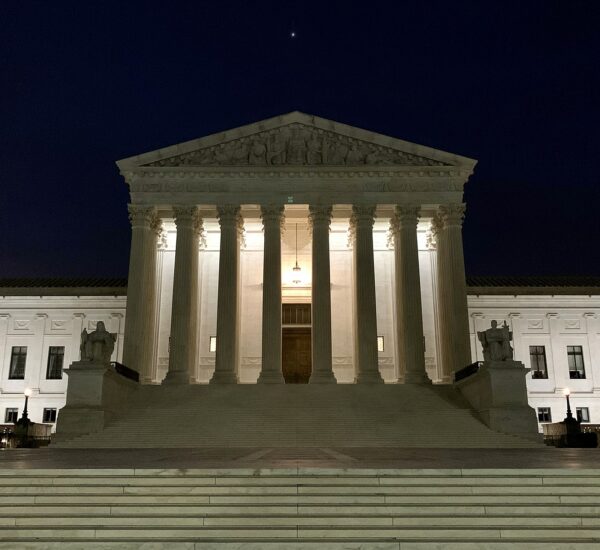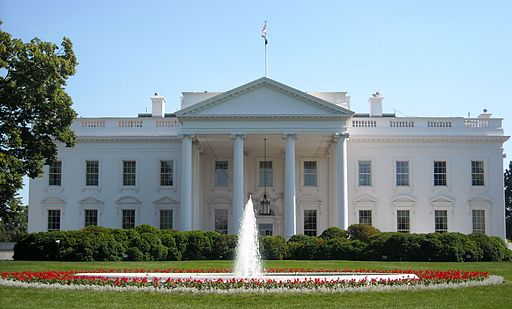Behind the Poll
Cancel culture is the practice of withdrawing support for (canceling) public figures and companies after they have done or said something deemed offensive or problematic. The goal is to make these figures and entities as radioactive as possible, in the hopes that others will distance themselves from them.
Some say that cancel culture is destroying everything that makes America great. They believe that it is a form of mob mentality, where people are quick to judge and condemn without due process. They argue that cancel culture is simply another form of censorship, and it silences dissenting voices. Furthermore, they say that it leads to a lack of understanding and empathy, as people become more resistant to hearing different viewpoints.
Others believe that cancel culture is a necessary and overdue corrective to years of systemic racism and oppression. They argue that it is a way to hold people in positions of power accountable for their actions. Moreover, they believe that it is a form of protection for marginalized groups, as it creates consequences for those who would do them harm.
So, what is the truth? Is cancel culture destroying everything that makes America great, or is it a necessary and overdue corrective?
There are valid arguments on both sides. However, it is important to remember that cancel culture is not an all-or-nothing phenomenon. There are shades of gray, and each case must be evaluated on its own merits. That being said, cancel culture can definitely have a negative impact when it is used excessively or indiscriminately. When people are quick to judge and condemn without due process, it can lead to a lack of understanding and empathy. Furthermore, when dissenting voices are silenced, it can prevent important dialogue from taking place.
Biden, Trump, Obama, Hillary, and the 2024 Elections
The 2024 United States presidential election is scheduled for Tuesday, November 5, 2024. The Democratic and Republican parties will each choose a nominee at their respective national conventions in the summer of 2024.
President Joe Biden has not yet announced whether he will seek re-election in 2024. However, he has said that he intends to run if he is healthy enough to do so.
Former President Donald Trump has announced that he is running for president in 2024. Trump remains a popular figure among Republican voters, and he is the clear frontrunner for the Republican nomination.
Former President Barack Obama is not eligible to run for president again in 2024, as he has already served two terms. However, he is still a popular figure in the Democratic Party, and he could play a role in the 2024 election.
Former Secretary of State Hillary Clinton has also ruled out running for president in 2024. Clinton lost the 2016 presidential election to Trump, and she has said that she does not intend to run for office again.
The 2024 presidential election is likely to be a close race, regardless of who the Democratic and Republican nominees are. Biden is facing low approval ratings, and Trump remains a polarizing figure. It is possible that the election could be decided by a handful of swing states.
The 2024 election will also be important for the future of the Democratic and Republican parties. Biden is facing pressure from within the Democratic Party to step aside and allow a new generation of leaders to take over. The Republican Party is also facing a generational divide, with some Republicans looking to move away from Trump and others remaining loyal to him.
The 2024 presidential election will be one of the most important elections in American history. The outcome of the election will have a significant impact on the future of the United States.



